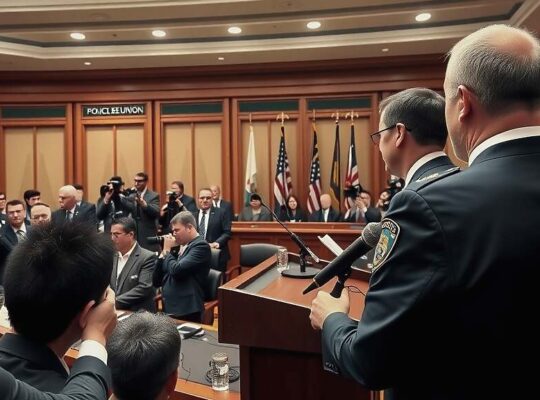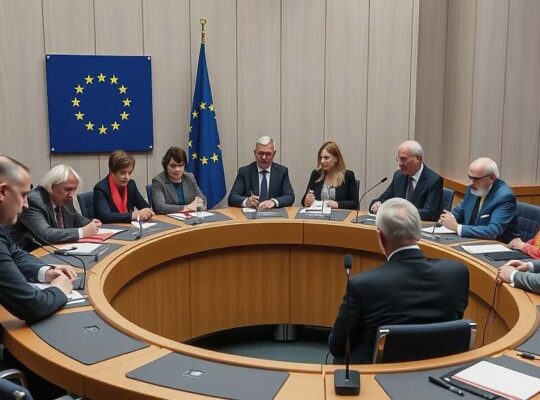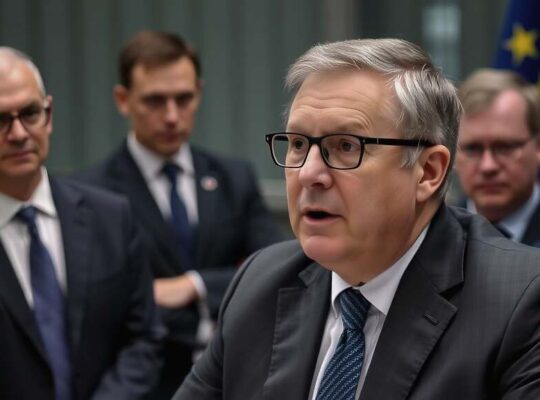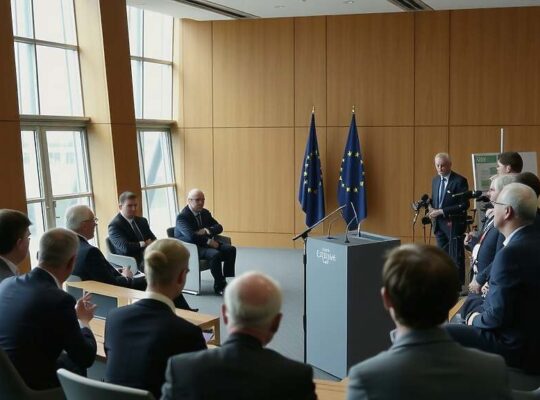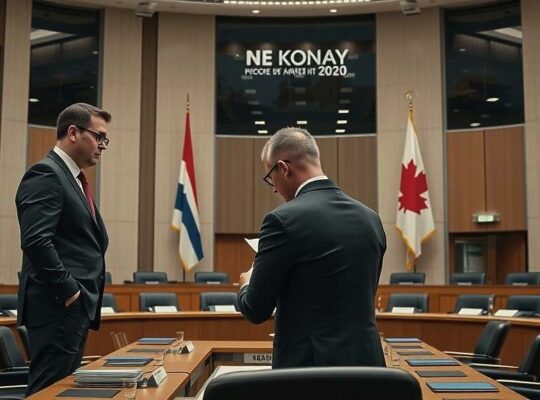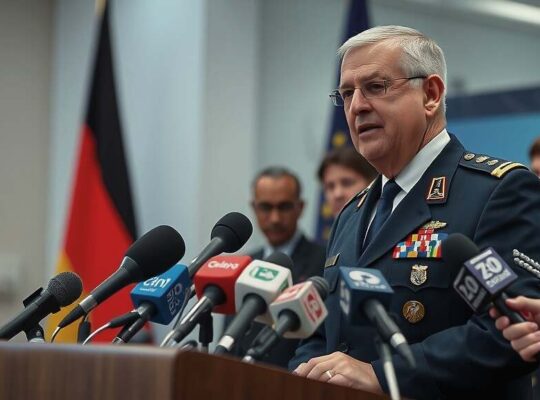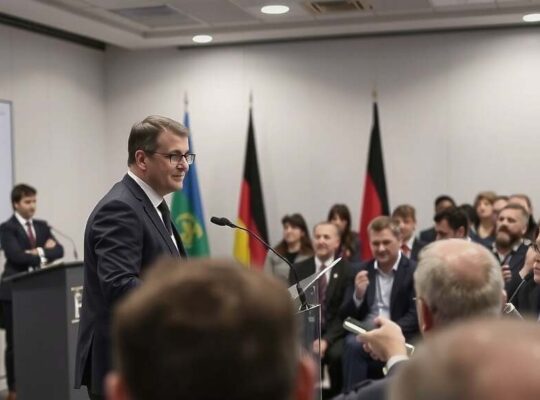Growing dissent surrounds a US-proposed 28-point plan aimed at ending the conflict in Ukraine, with key European allies expressing significant reservations and demanding substantial revisions. The plan, unveiled recently by the US government-which notably wasn’t represented at the G20 summit in Johannesburg-calls for considerable concessions from Ukraine, including territorial transfers to Russia, limitations on troop numbers and a renunciation of NATO membership.
German Chancellor Friedrich Merz, speaking at the summit, articulated a prevailing sentiment among European leaders, stating that “wars cannot be ended by great powers over the heads of the countries concerned”. He emphasized the absolute necessity of Ukrainian consent and underscored the requirement for broader European and, indeed, continental backing, reflecting the conflict’s profoundly European implications. His assertion followed detailed discussions with former US President Donald Trump, within which he reiterated his own views on the situation. While acknowledging a potential path towards resolution, Merz cautioned that “we are still quite far from a common, good result.
A joint declaration released after a crisis meeting on the summit’s periphery, signed by leaders from Germany, France, the United Kingdom, Italy, the Netherlands, Spain, Finland, Norway, Ireland (a non-NATO member) and supported by Canada and Japan, explicitly called for “additional work” on the US plan. Central to the concerns raised is the proposed limitation on Ukrainian military capabilities, deemed by signatories as creating vulnerabilities to future attacks.
The emergence of this unified European front highlights a potentially critical divergence in approach to resolving the conflict. While the US plan appears to prioritize expediting a cessation of hostilities, European leaders are signaling a greater emphasis on safeguarding Ukrainian sovereignty and security, even if it prolongs the negotiation process. The upcoming discussions in Geneva, involving US, Ukrainian and European representatives, are expected to be tense, with the considerable pushback from Europe poised to significantly alter the initial parameters of the US proposal. The question now centers on whether a compromise can be forged that respects both Ukrainian agency and broader European strategic interests.



